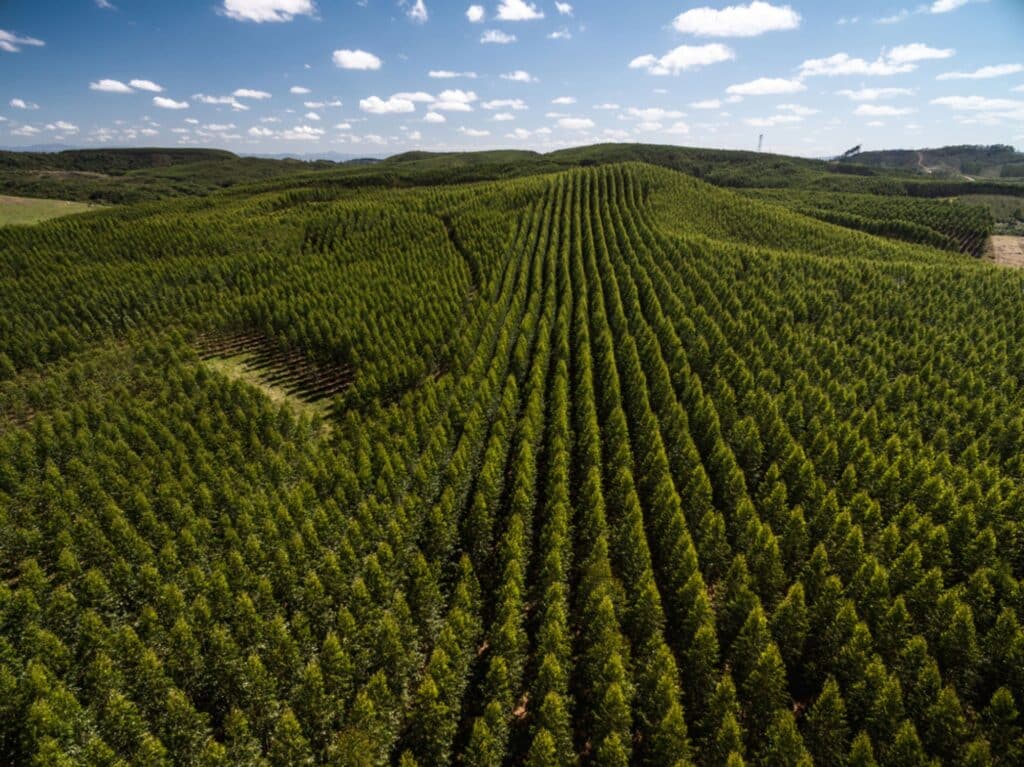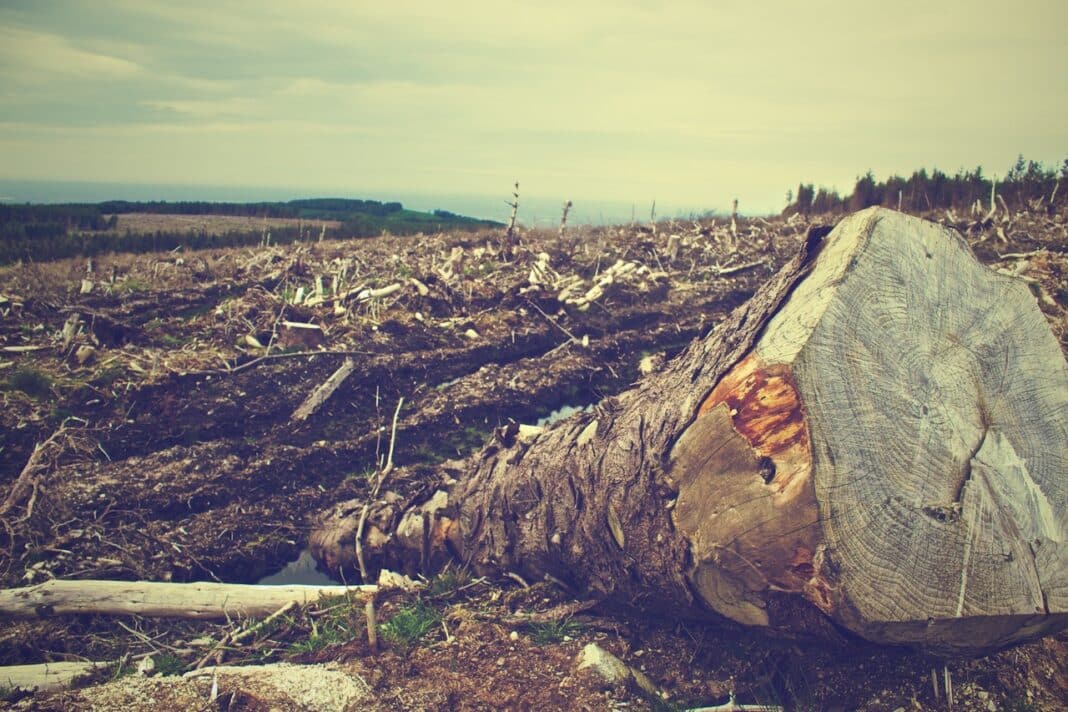The UK’s leading retailers are pushing the government to speed up legislation that will see the United Kingdom align with the EU Deforestation Regulation.
As one of the world’s largest importers of forest products, the UK is among the most exposed economies to the regulations which ban the sale of coffee, cocoa, cattle, palm oil, soy and wood connected to deforestation.
In a letter obtained by the Financial Times, the retailers claim that “efforts to rid supply chains of products linked to deforestation could be derailed” unless the new rules align with the new EU rules.
The retailers led by Tesco and Marks and Spencer, including Asda, Lidl and Wm Morrison, are concerned that “a lack of legal process” could expose their global supply chains.
Their grievances are connected to complications arising from the UK’s Brexit transition.
Under the post-Brexit 2021 Environment Act, the UK pledged to ban the use of commodities linked to “illegal deforestation” as defined by producer countries. However, the secondary legislation, which compels companies to comply, has yet to be introduced.
“Our British supply chains remain uniquely exposed because of the lack of a legislative process in the UK,” the supermarkets wrote, adding that contributors of raw materials to their supply chains were “unwilling to provide the necessary transparency” without a legal requirement.
Now, the retailers want swift implementation of the legislation “to remove the remaining barriers to transparency and to level the playing field throughout the sector”, warning that further delay could hit exports.

In August, Wood Central reported that the top 100 pulp and paper companies “were unprepared” for the new regulations.
The pulp and paper industry makes up 14% of the global forest products supply chain, with the London-based Zoological Society of London flagging a “worrying lack of readiness” by the industry.
Whilst the Netherlands, Europe’s largest importer of deforestation-linked products, could have a €10B problem with the new regulations.
According to Statistics Netherlands, the country’s shipping ports are Europe’s busiest for timber from locations at risk of deforestation.
The largest share came from Brazil – with large timber and soy imports accounting for 3.2 billion Euros last year alone.
ITC CEO Will Schreiber said the proposed UK regulation could have a “catastrophic impact on global trade.”
As spokesperson for the group of retailers and director of 3Keel, he said, “It was not cost-effective for a British business to have two different due diligence systems”.
“There is a willingness to have the sector respond to this and have the same rule book apply to everyone,” he added.
Soya is one of the crops that contributes most to global deforestation and is primarily used in animal feed. In the UK, the feed industry is not legally obliged to disclose which importer it procured its soya from or which country.
In August, the Agricultural Industries Confederation, a trade body, began a consultation into its sustainability standards for deforestation, which will inform an industry-led soya transition.
While the EU requires every single material to be verified deforestation-free, the AIC has proposed a “mass balance” accounting system that does not need a single soybean to have physical verification.
Environmental groups have warned that the divergence in standards could leave the UK a “dumping ground” for soya that is turned away from European markets from the end of 2024.
The UK Department for Environment, Food & Rural Affairs said the government was committed to implementing the provisions of the Environment Act “at the earliest opportunity through secondary legislation”.







